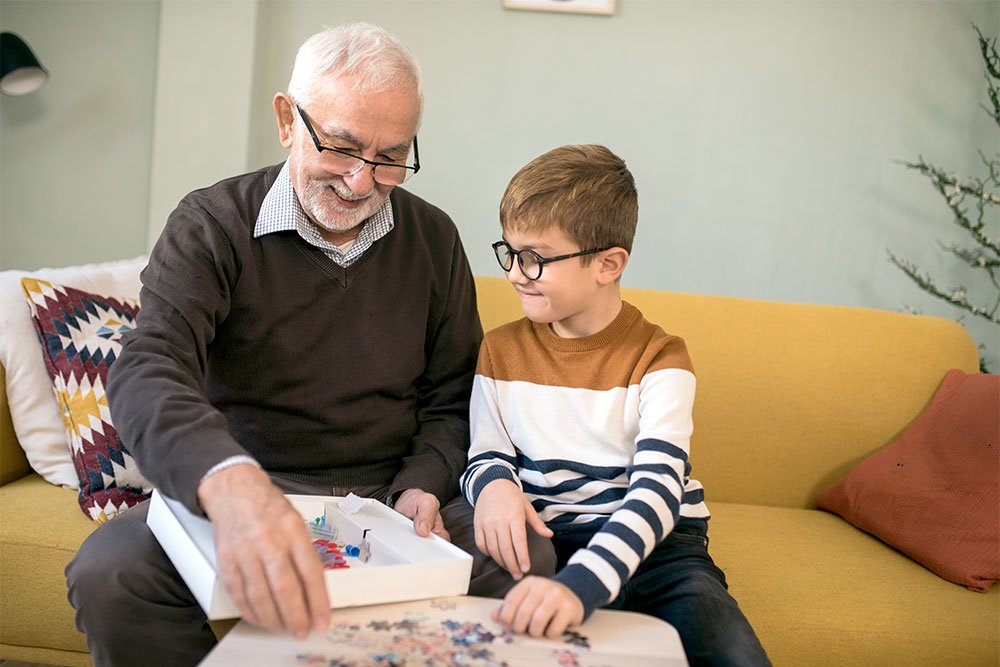12 Risk Factors for Dementia
 Editor's Note: Patrick Zook, MD, is a retired family medicine physician who served for over 40 years at the St. Cloud Medical Group (now named CentraCare - Sartell Clinic). Even in retirement, he continues to be committed to his patients, clinic and health care in our community.
Editor's Note: Patrick Zook, MD, is a retired family medicine physician who served for over 40 years at the St. Cloud Medical Group (now named CentraCare - Sartell Clinic). Even in retirement, he continues to be committed to his patients, clinic and health care in our community.
Dementia is a term used to describe a group of symptoms that affect memory, thinking and social abilities severely enough to interfere with a person's daily life. There are close to 100 different forms of dementia; however, Alzheimer's is the most common type accounting for about 70% of cases.
The biggest risk factor for dementia is aging. This means as a person gets older, their risk of developing dementia increases. For people aged between 65 and 69, around two in every 100 people have dementia or mild cognitive impairment. A person's risk then increases as they age, roughly doubling every five years.
Even if you're born with a genetic risk for dementia, there are modifiable factors to reduce your risk. Here are some of the most common ones:
- Limited education — continually learning improves brain function
- Hearing loss or loss of smell
- Hypertension/high cholesterol
- Obesity
- Alcohol use
- Head injuries (especially multiple injuries)
- Smoking
- Depression
- Social isolation
- Physical inactivity
- Diabetes
- Air pollution
Changes you can make:
- Aim to maintain systolic blood pressure of 130 mm Hg or less from the age of 40. Learn more about high blood pressure and why it is often called "the silent killer."
- Encourage use of hearing aids and reduce hearing loss by protecting ears from high noise levels.
- Reduce exposure to air pollution and second-hand tobacco smoke.
- Prevent head injury (particularly in high-risk occupations).
- Limit alcohol intake (latest data says that any alcohol can cause brain shrinkage).
- Stop smoking and support others to stop smoking.
- Lead an active, socially engaged life for as long as possible.
- Reduce obesity and the linked condition of diabetes.
- Move your body. Exercise most days. Long or shorter, more frequent exercise sessions are both beneficial.
Dr. Zook has been working with a local non-profit called the Central Minnesota Dementia Community Action Network, which shares personal stories of dementia and education.